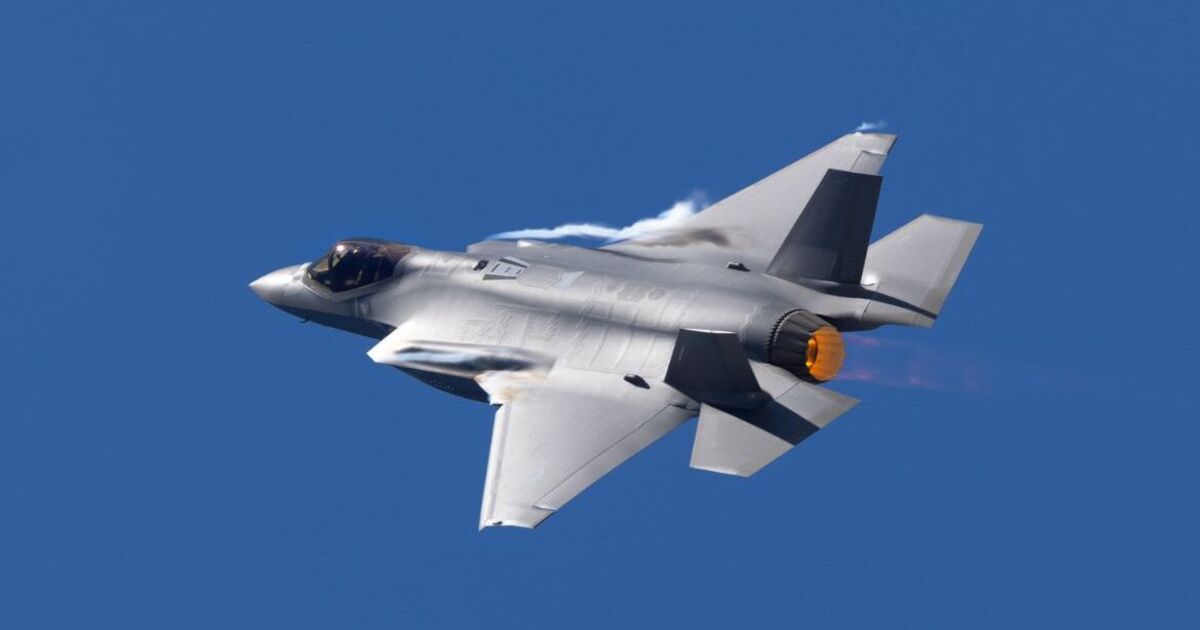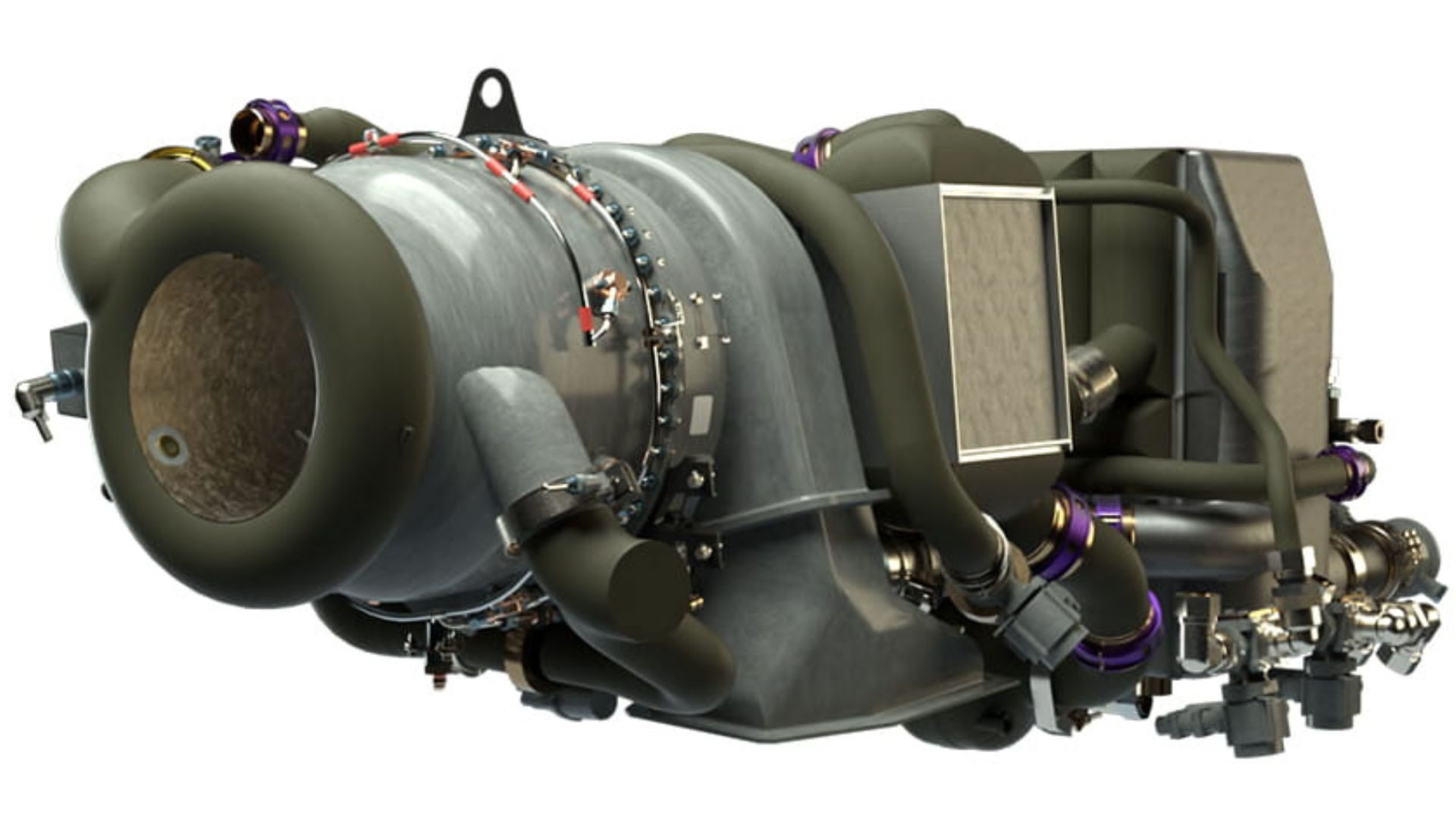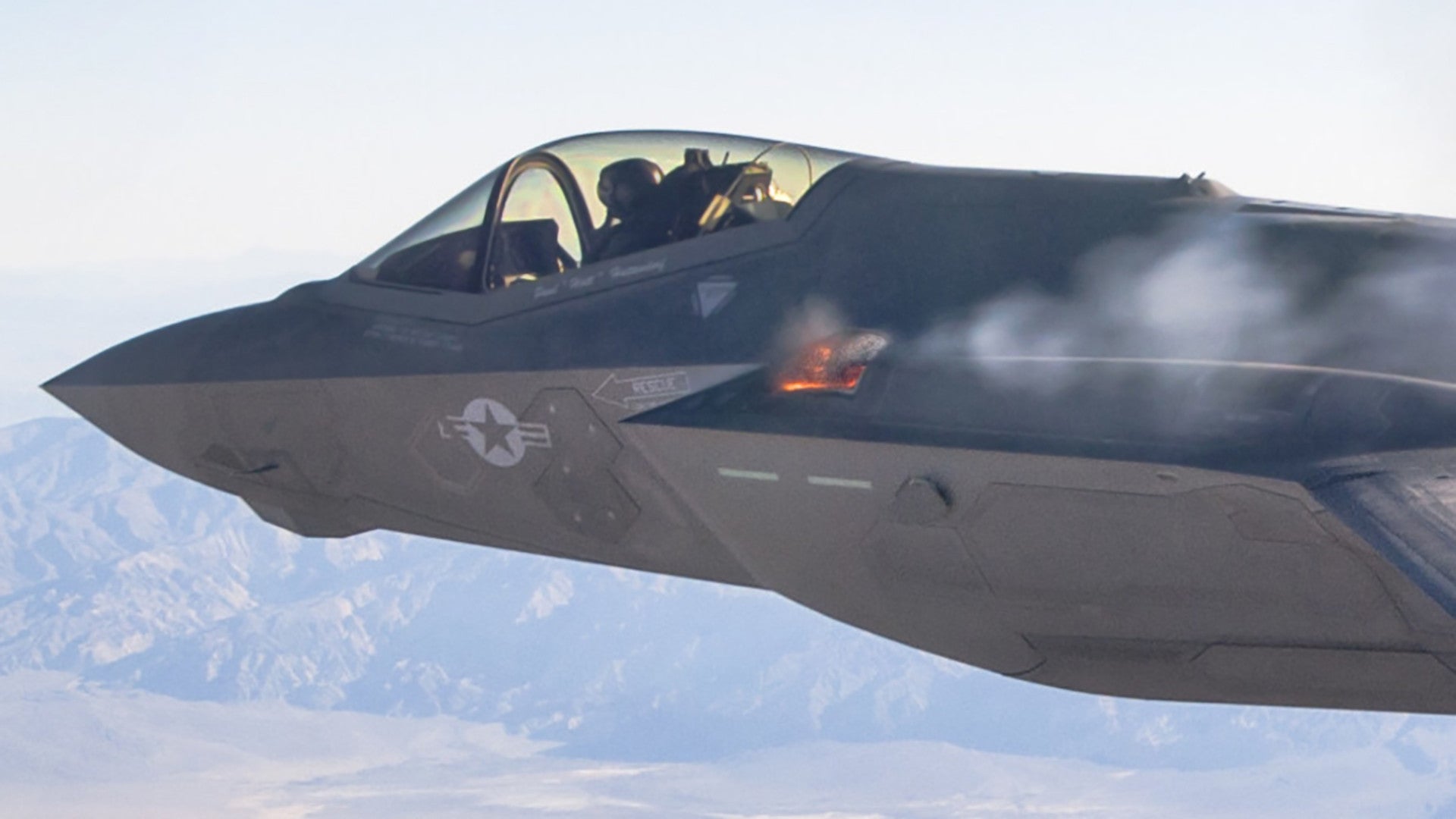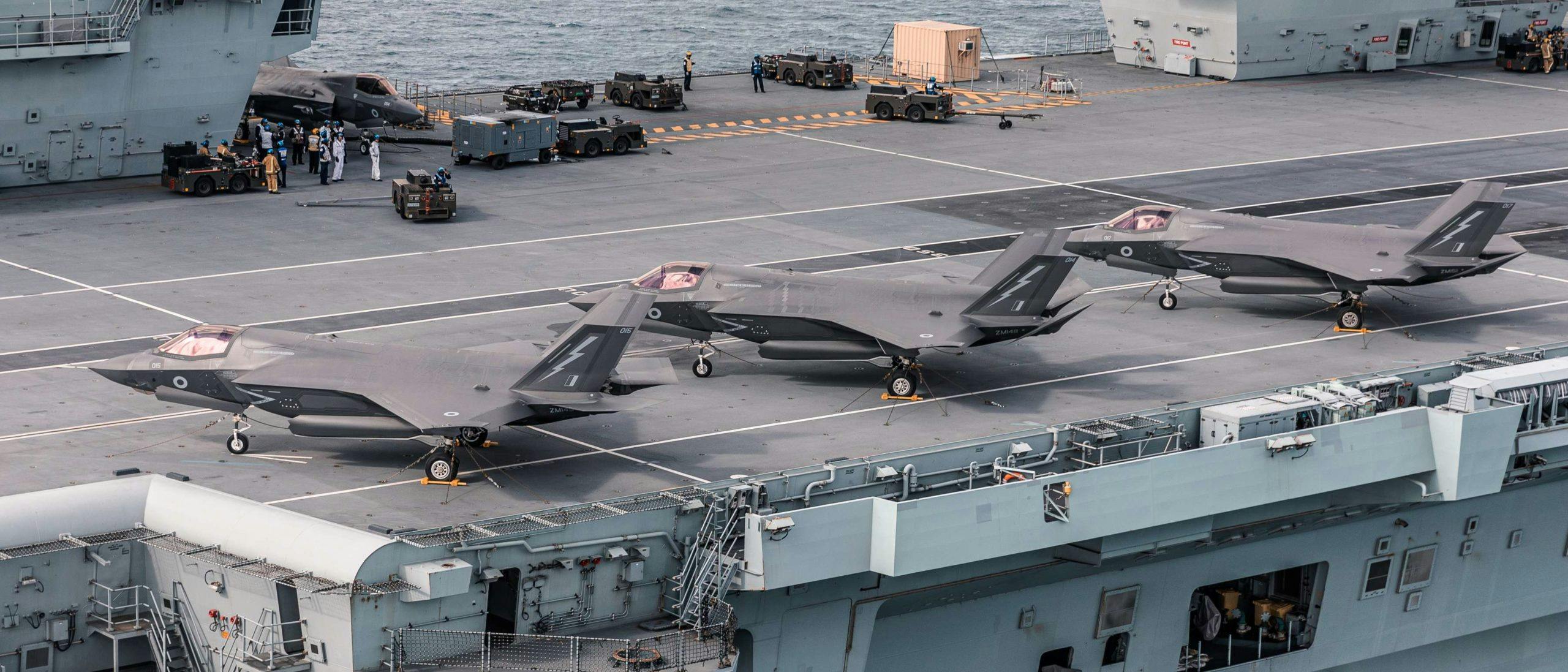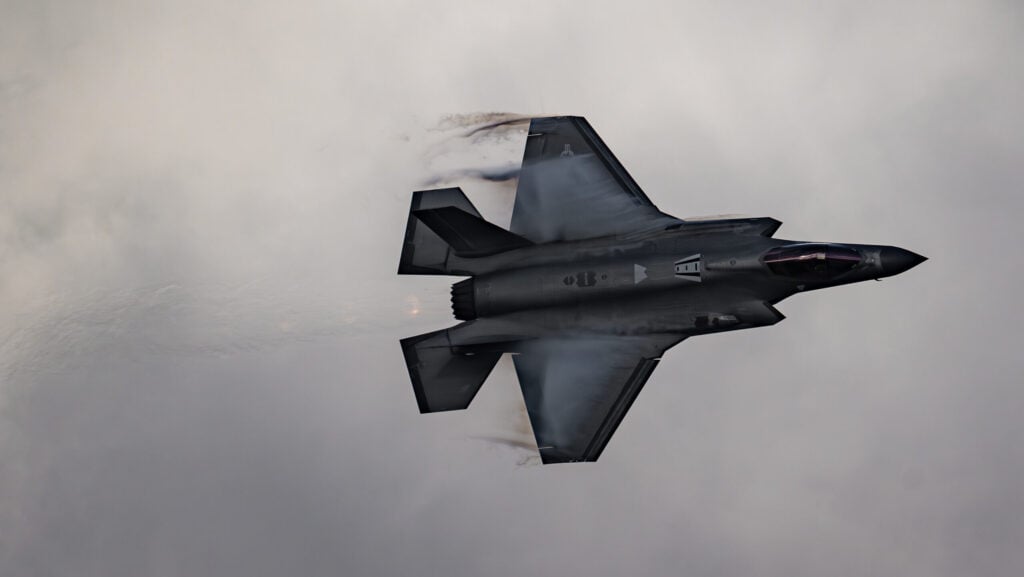By moving to three shifts for nonstop operations, Israeli maintainers and contractor field service representatives have allowed the Israeli Air Force to continue flying F-35Is at a rate of 35-39 jets a day.
As a member of the global F-35 spares pool, Israel’s high pace of operations also has been supported by spare parts deliveries from partner nations, Carpenter said.
But the operational surge will have an impact on the Israeli F-35I fleet eventually. The JPO has deferred scheduled modifications for the F-35Is since October, leading to a backlog of required service actions. “A [modification] surge is going to come after the war,” he said.
The JPO, meanwhile, is studying F-35I operations during Israel’s war for lessons on surge operations for the Indo-Pacific region, but there are key differences. The Israelis are generating 2-4 daily sorties per aircraft for short-duration flights, leading to a spike in wear and tear on brakes and tires, Carpenter said. A surge operation by F-35s in the Indo-Pacific region, however, would likely involve more aircraft flying longer-duration missions of 12-16 hr. each, he said.
But the JPO is analyzing the Israeli Air Force’s prepared kits of spare parts, he said, looking for examples of unanticipated shortfalls or surpluses.
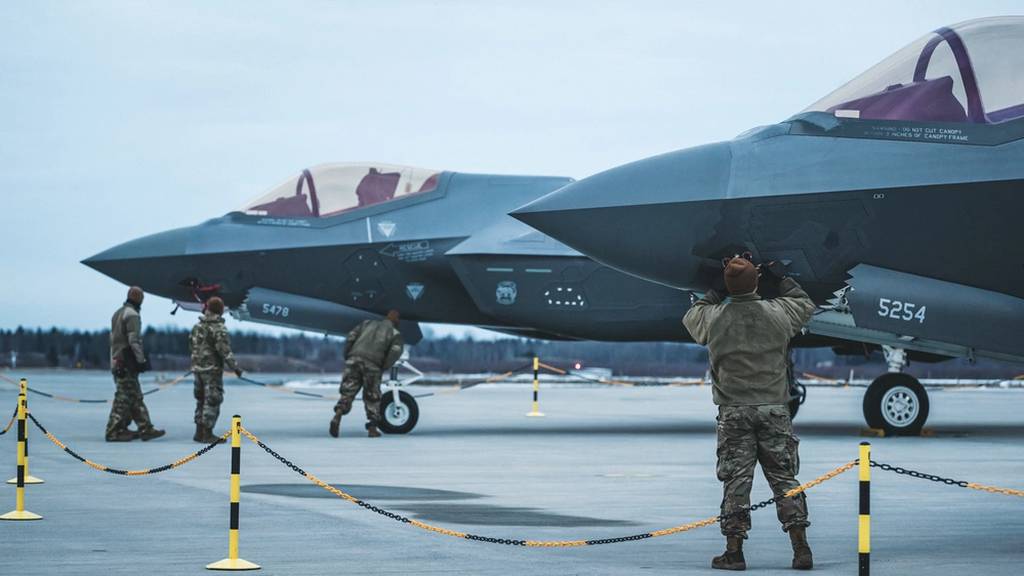
 www.airforcetimes.com
www.airforcetimes.com




